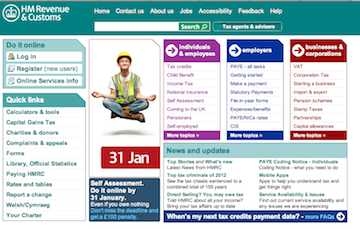HM Revenue & Customs is taking steps to tackle the increasingly sophisticated models being used by so-called pension liberation companies.
HMRC says it will move away from a "process now, check later" approach on scheme registration to allow a more detailed risk assessment before a scheme can be registered.
Neil MacGillivray, the new chairman of Sipp and SSAS provider body AMPS, was recently reported on Sipps Professional website as pledging to make tackling 'pension liberation' abuse one his main priorities over the next 12 months.
Over the last year HMRC has formed part of a multi agency government task force working closely to warn individuals about the
consequences of pension liberation and to address growing industry concerns. In its new guidance issued today HMRC said: "We have improved the way we gather, review and use intelligence and are working in real-time to spot patterns and trends linked to liberation promoters.
"We continue to liaise closely with the pension industry to identify potential liberation activity. This has enabled us to successfully pursue tax charges where unauthorised payments have been made as a result of pension liberation activity."
The tax body warned that it was proactively liaising with scheme administrators and would not hesitate to de-register pension schemes
where the rules are not adhered to.
{desktop}{/desktop}{mobile}{/mobile}
HMRC has made changes to strengthen processes around new applications to register a pension scheme for tax relief. In its statement it said: "We have moved away from a 'process
now, check later' approach so that scheme registration will no longer be confirmed on successful submission of the online form.
"This will allow us to conduct a more detailed risk assessment before a decision is made on whether the scheme can be registered."
HMRC says one of its key functions is to protect the integrity of the tax relief given to pension savings and it believes that increasing pension liberation activity is putting the integrity of this tax relief at risk. Transfers between pension schemes are a key component of pension liberation arrangements.
Tom McPhail, head of pensions research at Hargreaves Lansdown, said: "These measures will help but there is no magic-bullet solution to this fraud problem. Further measures are still needed. The process of vetting the credentials of pension administrators and trustees needs to be strengthened. Industry trade bodies can also look at better informal information sharing processes."
The Pensions Regulator warned that retirement savers are being misled by introducers or advisers using mass marketing techniques like spam text messages, cold calls and website promotions to encourage people to release a proportion of their pension as a lump-sum or loan before age 55. It says individuals are often not aware that a large part of their fund will be deducted as fees and that there are significant tax consequences for accessing a fund before the law allows. In addition, individuals are not always aware that their remaining pension pot may be transferred into high risk and potentially entirely unsuitable offshore investments.

